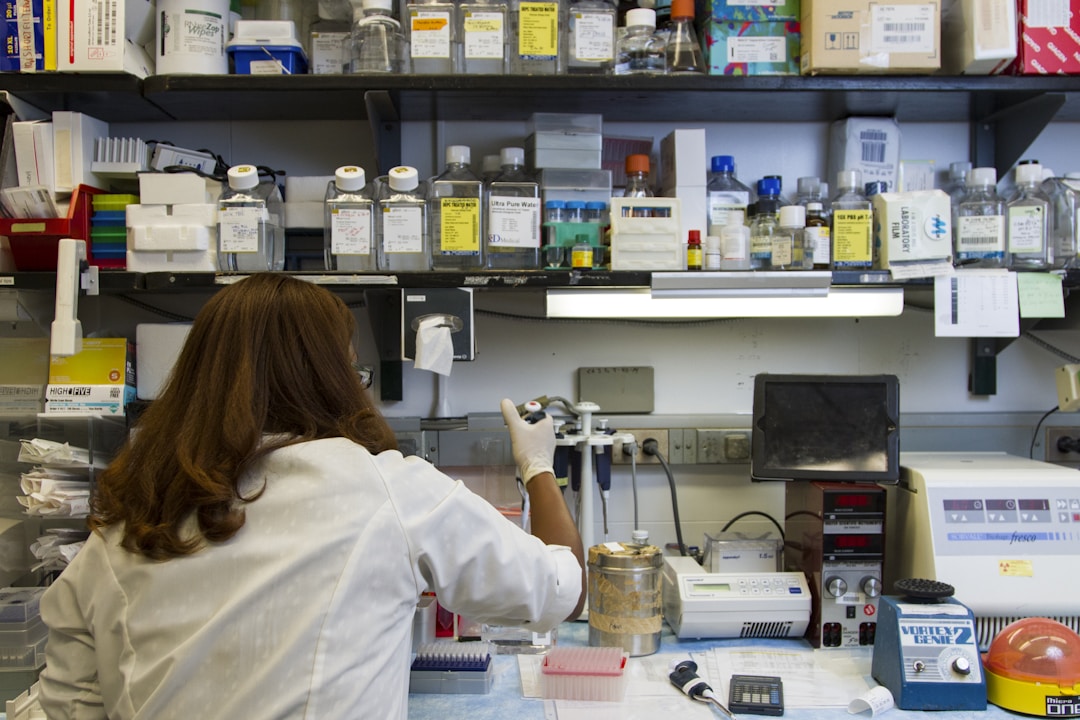In recent years, there has been a growing awareness of the various risks that employees face in their workplaces. From injuries sustained due to machinery malfunctions to long-term health effects from prolonged exposure to certain chemicals, the potential hazards are many. But what happens when you’ve contracted a disease directly from your place of work? How do you navigate such a difficult, emotionally taxing scenario while ensuring you get the support and compensation you deserve? This article delves deep into the steps you should consider if you find yourself in this unfortunate situation.
Understanding the Situation
The first step toward addressing any problem is to understand it. If you suspect that your illness is work-related, it’s crucial to gather all the relevant information about your disease and its possible connections to your job. Industrial disease claims have become more common, with more and more workers seeking compensation for illnesses contracted due to their work environment. Diseases like asbestosis, lead poisoning, or respiratory illnesses due to prolonged exposure to harmful chemicals can all have profound impacts on one’s quality of life. Ensure you maintain a detailed medical record, including regular check-ups and specialist opinions, to substantiate any potential claims you might make in the future.
Seek Medical Attention Immediately

Regardless of how minor or severe the symptoms are, it’s imperative to see a doctor as soon as you notice any health abnormalities. A healthcare professional will not only provide necessary treatments but will also help in establishing a clear link between the disease and your place of work. Additionally, having an official medical record of your illness will prove indispensable when discussing matters with your employer or considering legal actions.
Understand Your Rights as an Employee
The legal landscape around workplace-induced diseases varies from country to country. However, universally, employees have certain rights designed to protect their health and well-being. It’s vital to be cognizant of these rights.
For instance, in many jurisdictions, employees have the right to a safe working environment. If an employer is found to have breached this duty, they could be held liable. Employees also have a right to be informed about potential hazards in their workplace and to be provided with appropriate protective equipment.
Understanding these rights isn’t just about seeking redress but ensuring such incidents are minimized in the future. Knowledge empowers you to be proactive in workplace discussions, advocating for better safety measures and protocols.
Inform Your Employer
Your employer should be made aware of your situation. This is important not just from a legal perspective, but it’s also a way to ensure that necessary changes are made in the workplace to prevent similar incidents in the future. By alerting your employer, you might be safeguarding the health of your colleagues.
It’s worth noting that many countries have laws mandating employers to report certain occupational diseases to the relevant authorities. Even if your disease isn’t on the list, it’s good practice to have an open line of communication with your employer about your health condition.
Consult a Legal Expert
Given the complexities surrounding occupational diseases, it’s highly advisable to consult legal counsel specializing in workplace injuries and illnesses. A lawyer can guide you on how to pursue compensation, what rights you have as an employee, and how to navigate the intricate processes involved.
It’s not always about filing a lawsuit; sometimes, it’s about understanding what benefits and rights you’re entitled to. For instance, in many jurisdictions, workers are entitled to compensation for medical expenses, rehabilitation services, and even lost wages due to work-related diseases.
Document Everything
From the initial symptoms to doctor’s appointments and conversations with your employer, make sure you document everything. This will serve as evidence if you decide to file a claim or if there is a dispute about the cause of your illness.
Keep a diary of your symptoms, noting their progression over time. Collect and preserve medical records, prescriptions, and any other related documentation. If possible, also maintain a record of your work environment, especially if you’ve been exposed to harmful substances or conditions. Photos, videos, or witness testimonies can be valuable.
Support and Therapy
Dealing with an illness is emotionally, mentally, and physically challenging. The realization that your place of work, an environment where you spend a significant chunk of your day, is responsible for your condition can be quite distressing. It’s essential to surround yourself with a support system. This could be in the form of family, friends, or support groups.
Also, consider seeking therapy. Talking to a professional can help you process your feelings, provide coping mechanisms, and offer a perspective that friends or family might not be able to give.
Address Financial Concerns
A work-related disease can come with a myriad of unexpected costs, from medical bills to therapy sessions. Depending on the severity of the disease, you might also face loss of wages due to prolonged absence or, in severe cases, the inability to continue in your current role.
It’s prudent to consider financial planning to manage these unforeseen expenses. This might involve setting up a health savings account, restructuring your budget, or even considering alternative sources of income. Consulting a financial advisor, especially one familiar with medical expenses and compensation claims, can offer you a clearer roadmap for your financial future.
Engaging With Worker Unions and Associations
Worker unions and associations are entities designed to protect the interests of employees. If you’re a member of a union, it’s beneficial to approach them with your concerns. They can provide guidance, resources, and even legal support if you decide to take action against your employer.
Unions often have the collective bargaining power that individual employees might lack. Their backing can ensure your concerns are addressed more effectively and that there’s a broader structural change in the workplace, minimizing the risk for other employees.
Prevention: A Collective Responsibility

While dealing with a disease contracted from work is a personal journey, prevention is a collective responsibility. Once you’ve navigated the initial shock and have taken the necessary actions, consider championing preventive measures in your workplace.
This can range from advocating for regular workplace health and safety training, pushing for more transparency in the materials and chemicals used in the workplace, or even spearheading initiatives to foster a culture of health and well-being.
Your experience, though harrowing, gives you a unique perspective. By sharing your story and pushing for change, you can ensure others do not have to endure a similar ordeal.
Reintegrate Into the Work Environment
For many, returning to the very environment where they contracted a disease can be daunting. However, reintegration is often a crucial step toward healing and finding a semblance of normalcy.
Before you rejoin, consider having a discussion with your employer about any necessary workplace adjustments. This might involve changing roles, reducing hours, or even relocating to a safer department. It’s also worth reaching out to colleagues and superiors, briefing them about your condition and any support you might need.
Reintegration is not just about returning to work but also rebuilding the trust that might have been eroded. It’s a journey of understanding, adaptation, and collective effort.
Moving Forward With Resilience
Contracting a disease from your workplace can undoubtedly feel like a betrayal. It shakes the trust you’ve placed in an environment that should have been safe. But remember, while the disease may have been unexpected, how you choose to respond is entirely in your hands. Lean on your support system, arm yourself with knowledge, and push forward with resilience. By taking proactive steps, seeking justice, and focusing on recovery, you can turn an unfortunate situation into an empowering journey.





